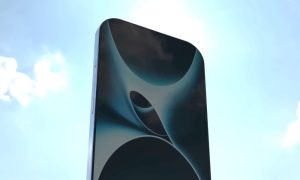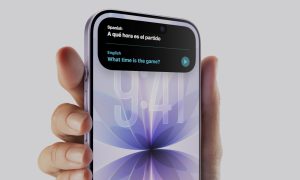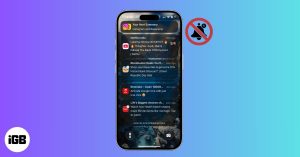The Indonesian iPhone 16 Ban May Soon Be Lifted
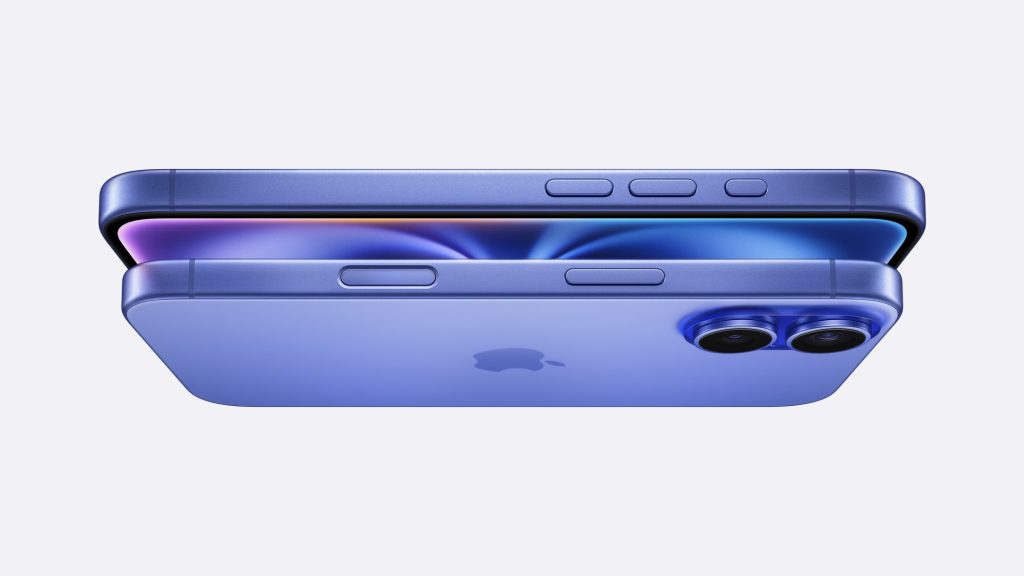
Apple’s struggle to sell the iPhone 16 in Indonesia may soon come to an end, according to an Indonesian government official who says that the iPhone maker has a deal on the table that might finally work.
The iPhone 16 has been unavailable in Indonesia since October, when the government ruled that Apple hadn’t met its requirements that 40% of its components come from suppliers in the country. Since then, Apple has offered ever-increasing commitments to spend money on building new infrastructure, only to be rebuffed each time.
However, Bloomberg recently reported on comments from Indonesia’s Investment Minister Rosan Roeslani who said that the issues may soon be resolved.
I strongly believe it will resolve very, very soon. Hopefully within one or two weeks this issue can be resolved.
Rosan Roeslani, Indonesia’s Investment Minister
With prior iPhone models, Apple had made significant investments in building developer academies in Jakarta, Surabaya, and Batam, but it seems Indonesia felt these weren’t enough to justify greenlighting sales of the iPhone 16 in the country.
Apple responded to the ban by committing to $10 million in additional investments in developer academies, but Indonesian officials quickly responded that wasn’t nearly enough. So, it upped that to a $100 million bid that would have included a second academy in Jakarta and a new one in Bali that was already in the works, plus a new research and development facility and a manufacturing plant for ear cup mesh components for the AirPods Max.
Still, Indonesian officials told Apple it would need to dig deeper if it wanted to sell the iPhone 16 in their country. Indonesian Industry Minister Agus Gumiwang Kartasasmita said that the $100 million investment did not meet “the figure that we consider fair” when considered in proportion too the late profits it makes from selling its products in Indonesia.
In response, Apple put a $1 billion investment on the table, adding a proposed AirTag manufacturing plant on the island of Batam to the deal. Although Indonesia’s President Prabowo Subianto endorsed that proposal, officials decided that AirTags don’t count “as a locally made iPhone part,” and Apple’s investments must be directly related to the devices they want to sell.
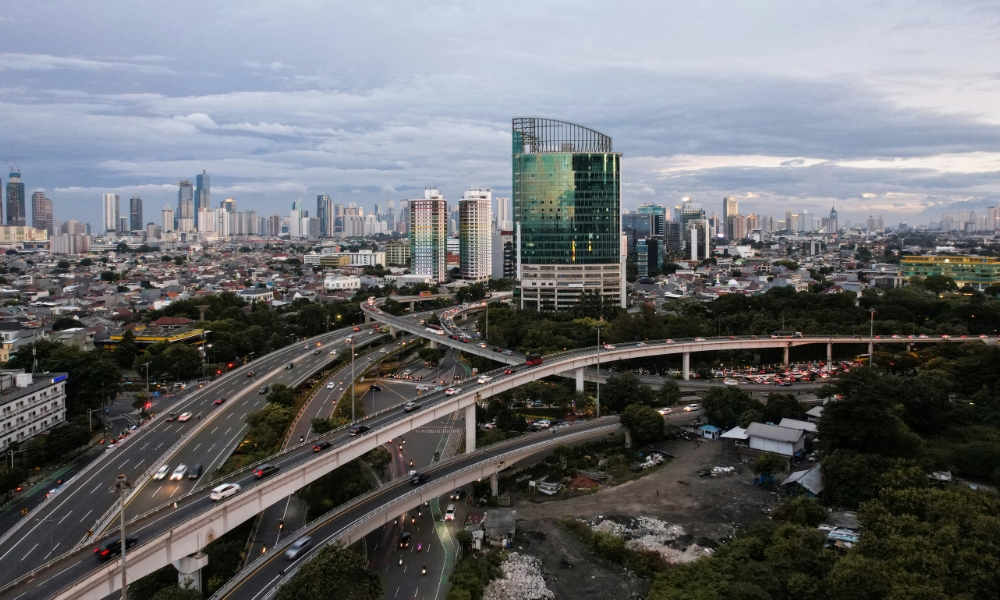
At this point, it became clear that the Indonesian government has been playing hardball. With 278 million people and 354 million active mobile phones in the country, most of which aren’t iPhones, there’s a huge market there that Apple is eager to tap — and Indonesian officials undoubtedly know that. Apple doesn’t even break the top five smartphone brands in Indonesia, which is dominated by Chinese brands Oppo, Xioami, and Transsion. According to Canalys, those three brands collectively accounted for 59% of the market last year, followed by Samsung at 16% and Vivo, another Chinese smartphone maker, at 15%. All other smartphone brands — including Apple — make up the remaining 10%.
Nevertheless, Apple does lead in the premium segment of the market. According to an August 2024 report from Counterpoint Research, it accounted for 40% of sales in Q2 2024 when compared exclusively against other smartphone priced above $600. The price sensitive nature of the Indonesian market means that Apple isn’t too likely to crack the top five, but that doesn’t mean it isn’t willing to try.
Roeslani is the Investment Minister, so it appears that some of these decisions are out of his lane. It seems the ultimate decision belongs to the Industry Ministry, headed by Kartasasmita. However, in the interview with Bloomberg Television on Tuesday, said that it comes down to how officials are calculating local content requirements, but claims that they’ve found a solution so they can “accept the discrepancies so we can have the iPhone 16 sold in Indonesia.”



